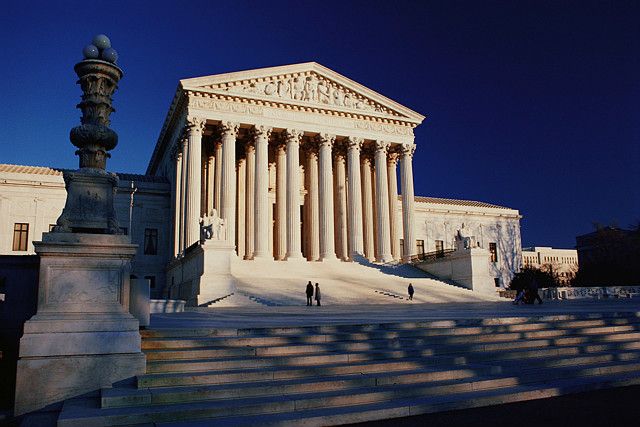
After a Supreme Court ruling on June 27, many states have prohibited recently enacted laws from going into effect that restrict the availability of abortions.
Texas Ruling
The case that involved Texas’ newly written law was struck down on June 27. The law would have required doctors who perform abortions to have admittance privileges with nearby hospitals and require clinics to meet surgery center-like facility standards. The Court regarded these restrictions as an “undue burden” on a woman’s ability to have an abortion.
The case was brought by Center for Reproductive Rights, which is now prepared to take the fight to different states. Janet Crepps, Senior Counsel Member at the Center for Reproductive Rights stated “I suspect that we’re just seeing the tip of the iceberg. This opinion is going to have long-term ramifications and ripple effects in current cases and cases we’ll be bringing.”
Louisiana, Wisconsin, and Mississippi, which all have abortion laws similar to Texas, have recently had their laws halted after the ruling.
Other States
Recently written abortion laws have been challenged in several states.
One such case in Louisiana involves a new law that would have forced women to wait a 72 hour period after a consultation in order to have an abortion. The law was challenged on the basis that “There is no health benefit to a woman in preventing her from granting informed consent to an abortion after she has visited a clinic, met with a doctor, and been given all the information necessary to grant informed consent, until after a three-day period has passed.”
In Indiana, Federal Judge Tanya Walton Pratt refused to uphold a law that would have prohibited an abortion based on race, sex, or genetic anomaly and prohibited the use of fetal remains for medical applications. “It is a woman’s right to choose an abortion that is protected, which, of course, leaves no room for the state to examine the basis or bases upon which a woman makes her choice.” said Pratt in statement.
In Florida, U.S. District Judge Robert Hinkle blocked the progression of a law just hours before it would have gone into effect that would have stopped any state funds from going towards any organization that also provided abortions. “Nobody has contended that the plaintiffs have done anything in connection with the publicly funded programs that is inconsistent in any way with the goals of those programs. The state’s only beef is that the plaintiffs provide abortions.” said Hinkle.
Dawn Laguens, the Executive Vice President of the Planned Parenthood Action Fund, has stated “We will fight back state by state and law by law until every person has the access to safe, legal abortion. No matter how long it takes, these laws will fall.”
Many of the abortion laws that have been enacted in recent months, are likely to face close scrutiny by the courts following the Supreme Court’s ruling.



Leave a Comment